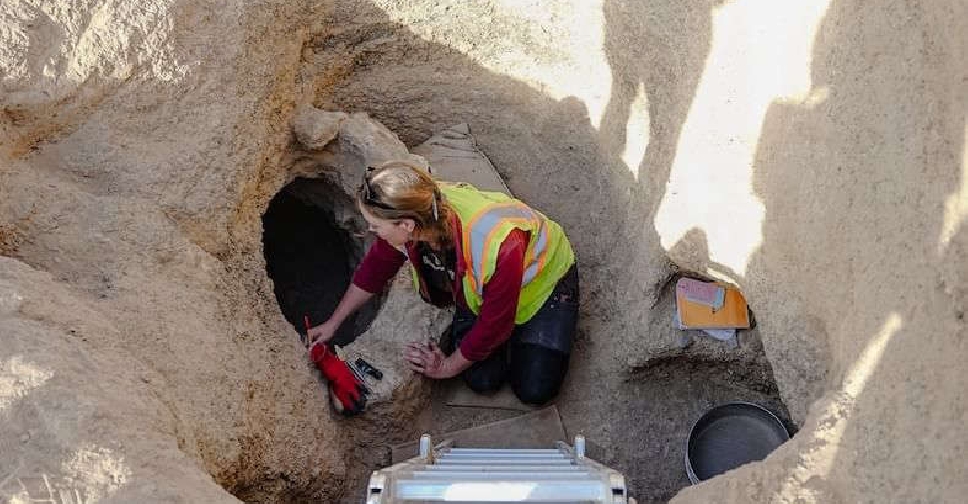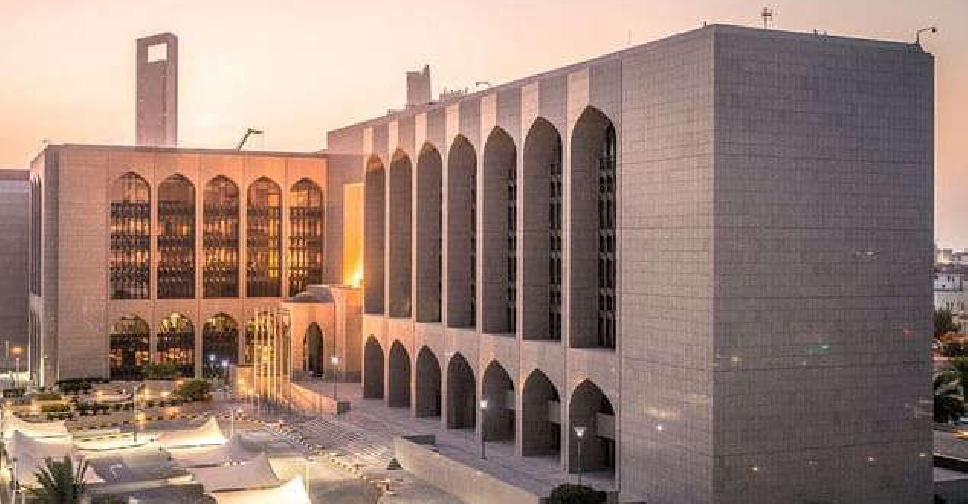
Dubai is considering measures to enhance traffic efficiency by expanding the application of flexible working hours and remote work policies.
Both the public and private sectors are encouraged to adopt these practices to reduce traffic congestion and balance business productivity with quality of life.
The recommendations are based on the results of two surveys conducted by the Roads and Transport Authority (RTA) and the Dubai Government Human Resources (DGHR) Department to assess the current state of remote work and flexible hours in the workplace.
"We really look at trying to distribute the traffic among the morning peak hours and then the afternoon peak hours. And, of course, with regards to remote working, there are companies that offer employees that option. They give them remote working. And so we also want to encourage more companies to look at these options and these policies," Abdullah Al Hosseini, Acting Director of the Strategic Planning Department at RTA, told Dubai Eye's The Agenda in an exclusive interview.
The study found that adopting flexible working hours with a two-hour start window and allowing four to five remote workdays per month for public and private sector employees could cut morning peak travel time by 30 per cent.
For example, if 20 per cent of employees work remotely, traffic on major roads like Sheikh Zayed Road could drop by 9.8 per cent, while Al Khail Road could see an 8.4 per cent reduction.
The first survey covered 644 companies with over 320,000 employees, while the second surveyed 12,000 employees from the private sector.
The results indicate that 32 per cent of private firms currently offer remote work, while 58 per cent are ready to expand these policies.
Additionally, 31 per cent of companies have adopted flexible working hours, and 66 per cent of those without this policy are considering its implementation.
Mr. Al Hosseini said the RTA is working on policy suggestions for schools to reduce congestion, however, this would be more difficult.
"We advise, employers to use the current laws that are there in Dubai, because the laws that locally there, they give the flexibility for companies to do these mutual agreements between them and their employees. Okay. So I think any employee, given the opportunity, would love to have this flexibility. They'd love to be able to work remotely. Sometimes they'd love to stay out of the morning commute and the evening commute," Mr. Al Hosseini said.
.@rta_dubai and @dghr_gov announced the results of two surveys on remote working and flexible working hours.
— Dubai Media Office (@DXBMediaOffice) November 11, 2024
The first survey covered 644 companies with over 320,000 employees, while the second surveyed 12,000 employees from the private sector.
Flexible working hours and remote… pic.twitter.com/cjIljomaI2
Mattar Al Tayer, Commissioner General for the Infrastructure, Urban Planning and Well-Being Pillar, and Abdulla Ali bin Zayed Al Falasi, Director-General of the DGHR, held a meeting to discuss the results and the next steps in promoting these practices.
"Remote work and flexible working hours are among the traffic demand management policies aimed at achieving balance and integration in the transport system by reducing or redistributing demand across time and place while promoting sustainable transport options," said Al Tayer.
"These policies also include the expansion of truck movement restrictions, increasing dedicated lanes for buses and taxis, and providing first and last-mile options to encourage residents and visitors to use public transport instead of private vehicles," he added.
Al Falasi explained that the remote work system has become a key component of Dubai’s government workplace culture, with impressive results across various sectors since its introduction within the Dubai Government in 2020.
According to recent statistics, 80 per cent of government entities now offer employees the option to work remotely for two days a week.
The shift towards flexible working has seen positive feedback from employees, with 87 per cent reporting that flexible working hours align with their personal needs and 89.4 per cent agree that these hours boost their productivity.
The survey also reveals that 80.4 per cent of government employees feel their productivity while working remotely is on par with office work, and 90 per cent report no issues with communication or connectivity with colleagues and managers.



 UAE leaders pay tribute to Pope Francis
UAE leaders pay tribute to Pope Francis
 Badr Jafar named UAE special envoy for business and philanthropy
Badr Jafar named UAE special envoy for business and philanthropy
 3,000-year-old Iron Age cemetery discovered in Al Ain
3,000-year-old Iron Age cemetery discovered in Al Ain
 Bank fined for violating UAE's anti-money laundering law
Bank fined for violating UAE's anti-money laundering law
